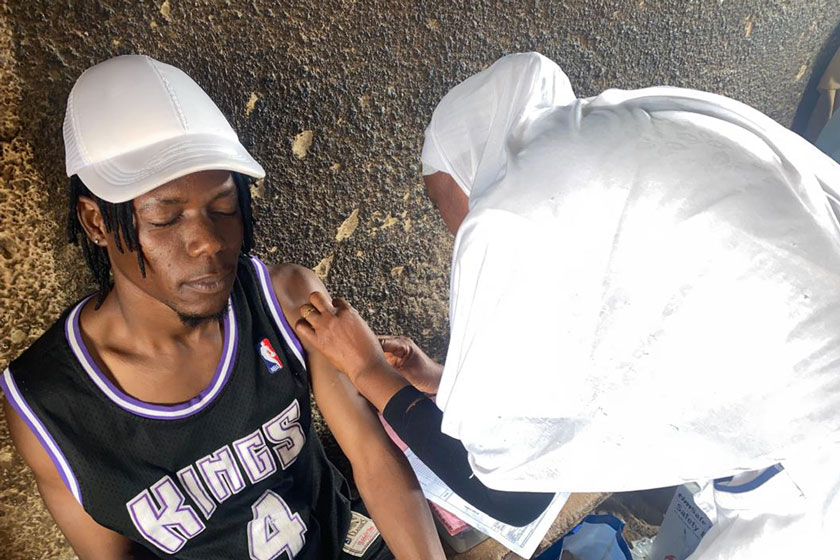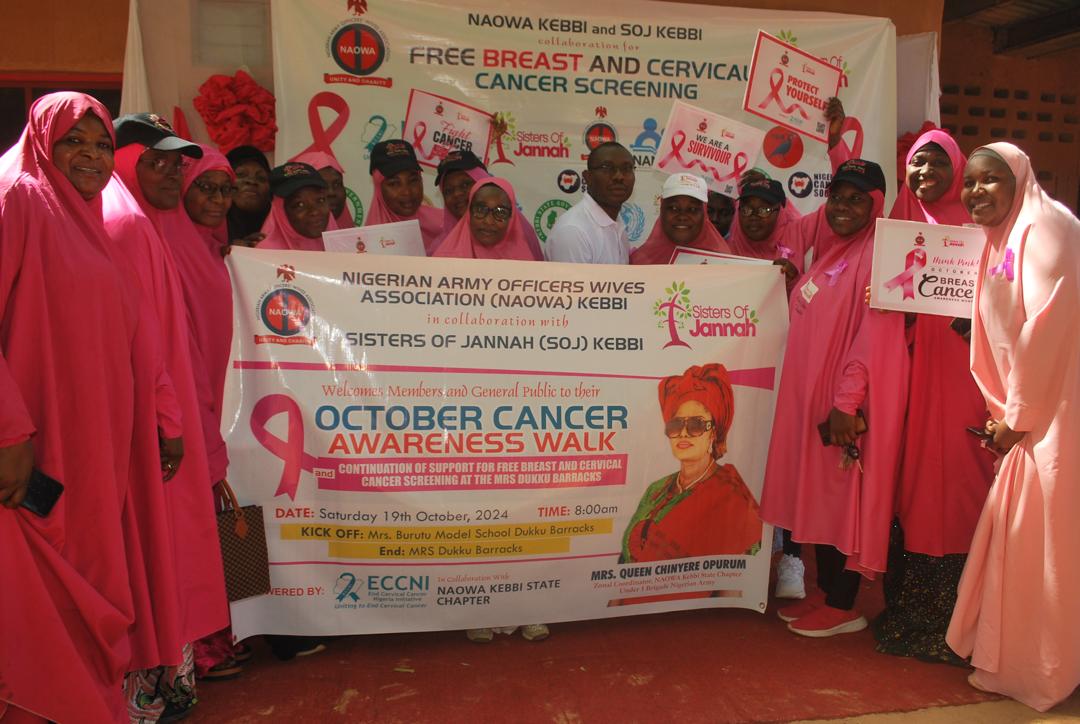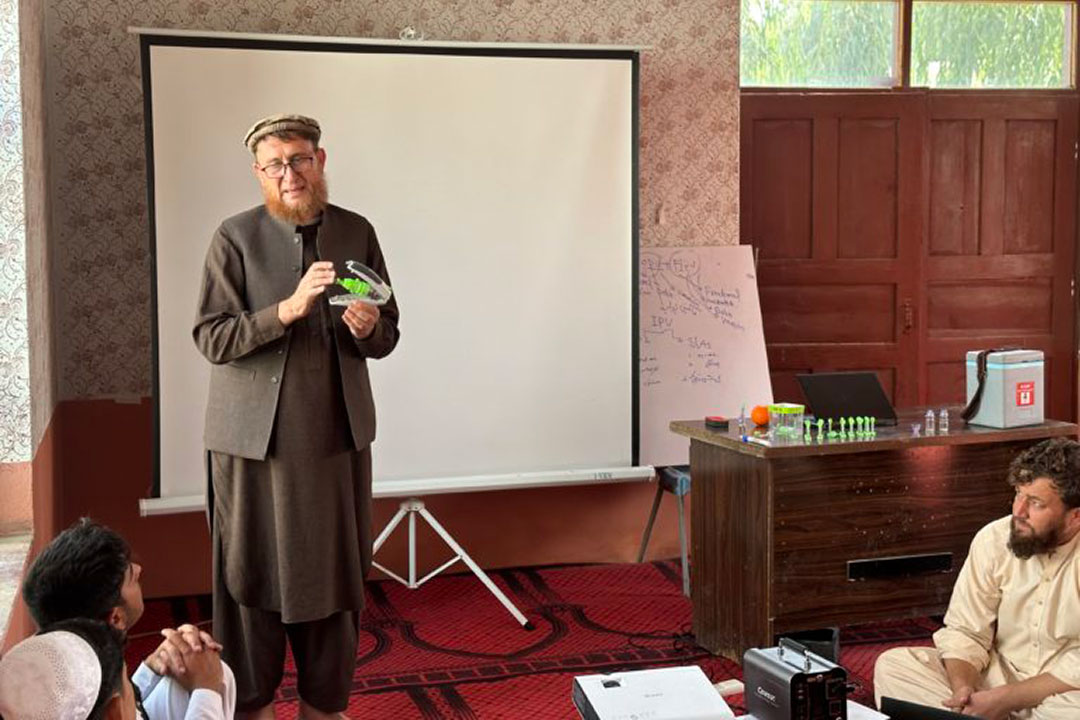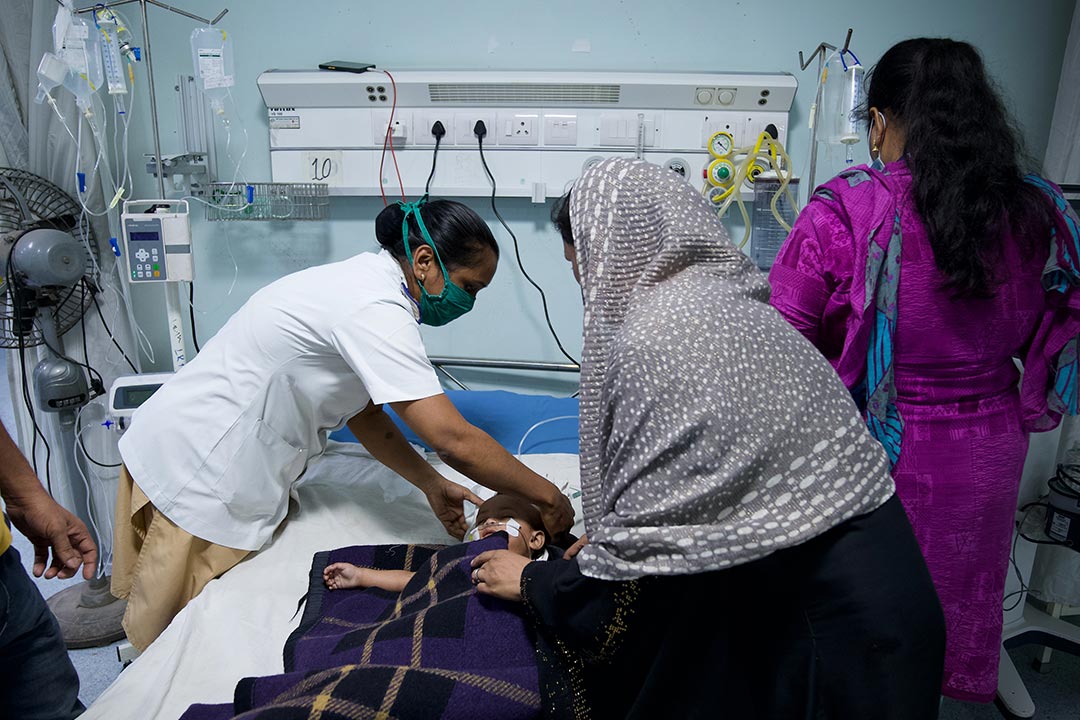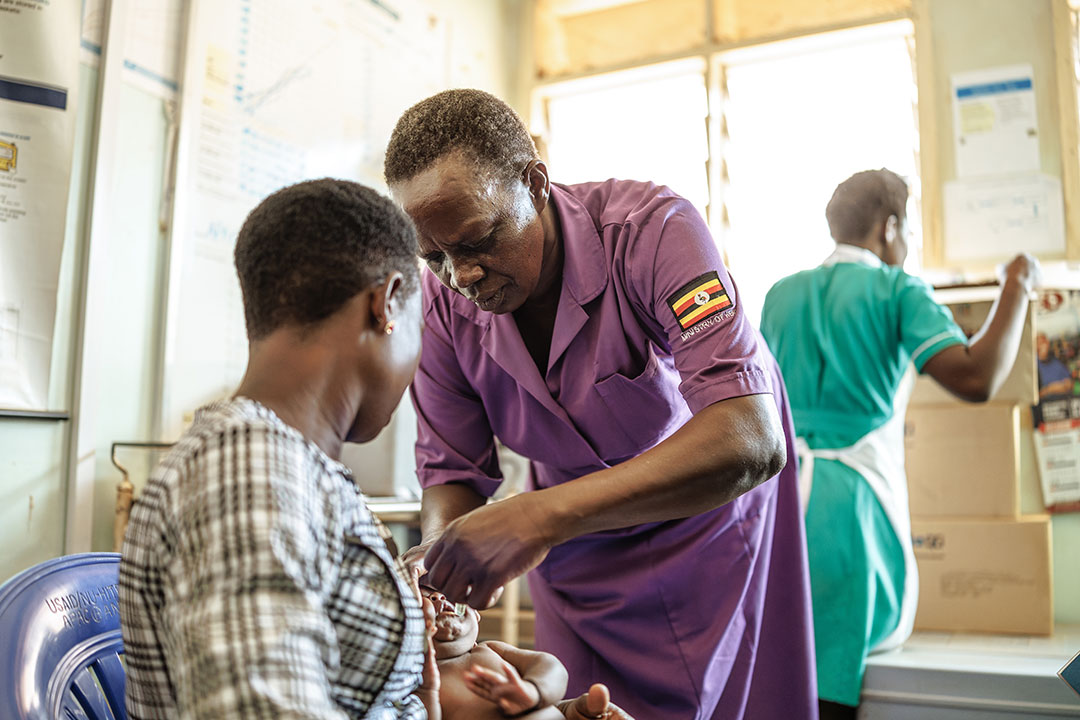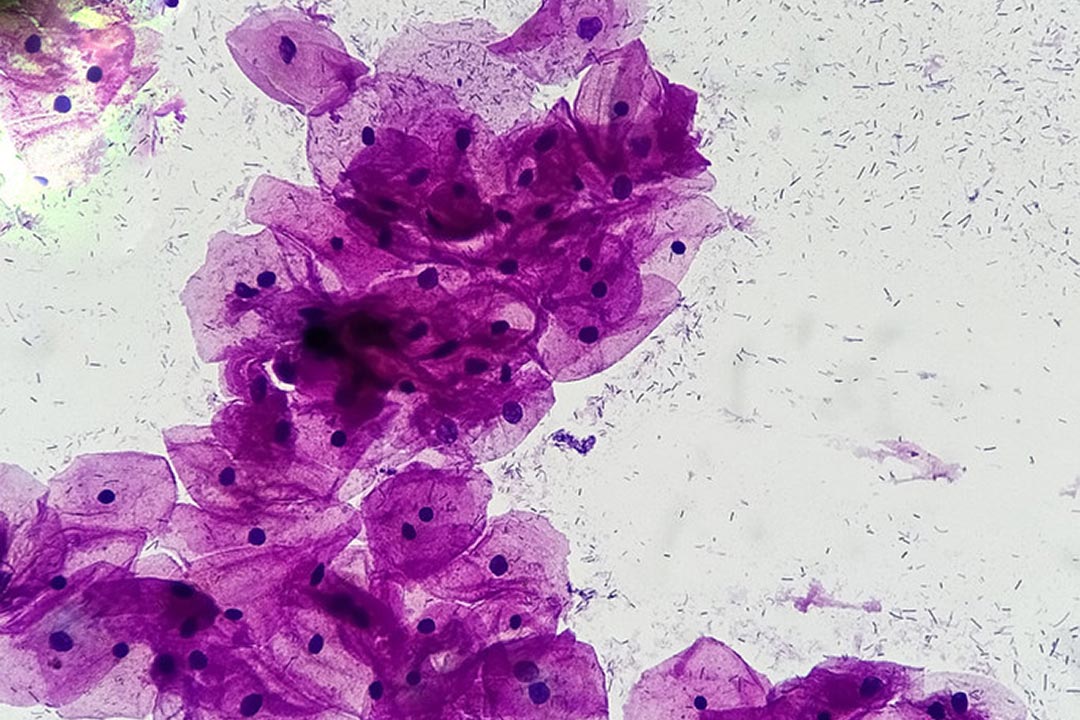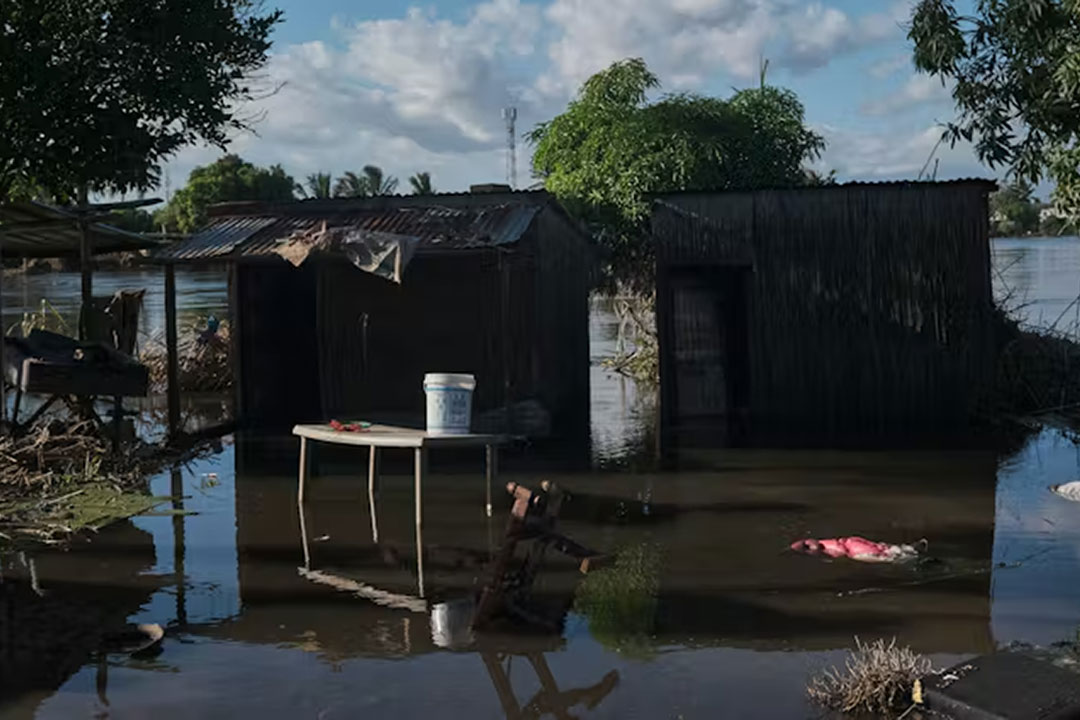Lagos moves fast to quash cholera outbreak
When cholera hit, Nigerian health officials got to work stamping out the fires and heading off risk.
- 2 August 2024
- 9 min read
- by Eric Dumo
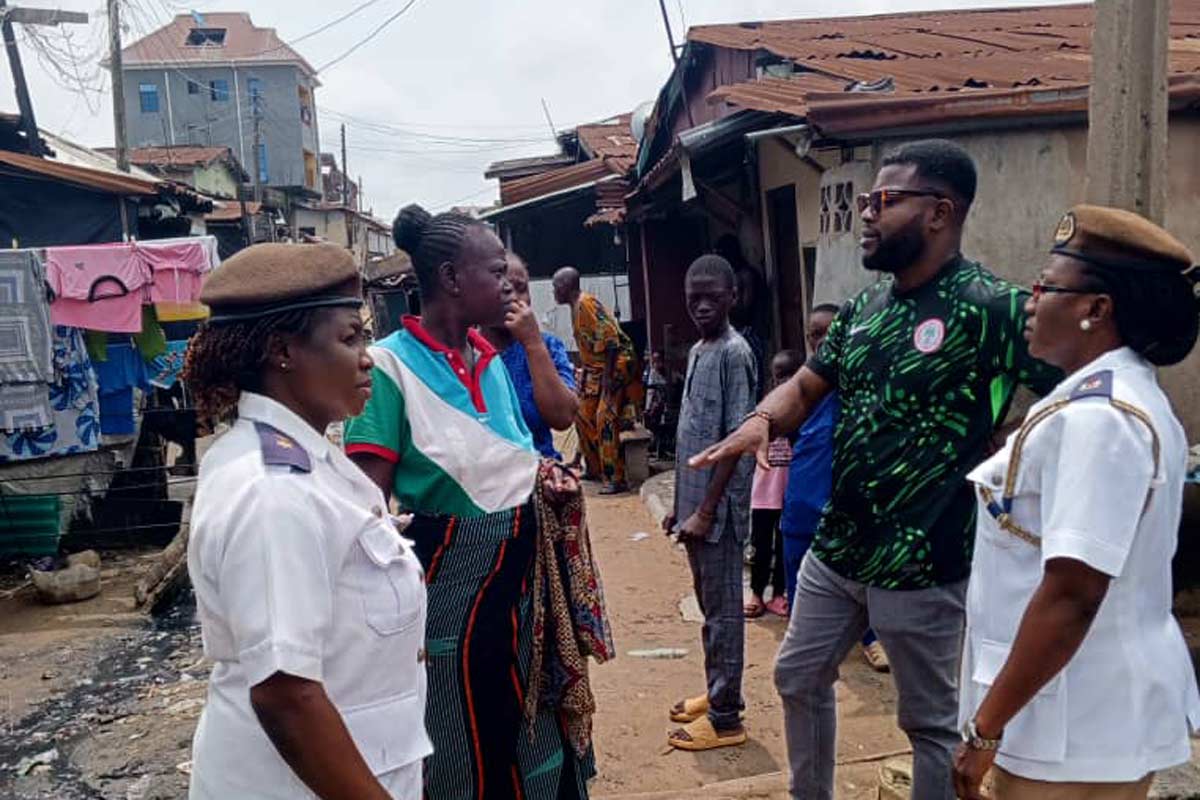
Like a toddler learning to take the first steps in life, 45-year-old Lukman Adebisi stumbled side to side as he was supported out of a ward at the Mainland Hospital, Yaba, Lagos, one Tuesday earlier this month.
On the morning of 20 June 2024, he had been rushed to the government medical facility after suffering severe abdominal pains and uncontrollable diarrhoea for days.
“Most communities in Nigeria do not have a public potable water supply. This pushes people to create their own water source, like borehole wells, which can be contaminated if constructed near a septic tank, canal or refuse dump.”
– Japhet Olugbogi, epidemiologist
This was exactly 11 days after the Lagos State Government announced an outbreak of cholera in the city. Lab tests confirmed Adebisi had been infected, and he was admitted for urgent care. The days that followed were “dark,” he says.
“There were times when I feared that I wouldn’t make it out alive from the hospital. The pain I experienced was indescribable. At a point, all I did was just wait for death to come,” he said, his voice quiet as he sank his weight into the back seat of the car that had been hired to transport him home.
“I am alive today because of the care I received from the doctors and nurses. Without their efforts, it could have been a different story entirely,” he added.

While Adebisi is lucky to walk out of this Lagos hospital alive, several others were not as fortunate. Since the latest outbreak began in June, at least 103 people have died of cholera in 34 states of the country including the Federal Capital Territory – Abuja – from 3,623 suspected cases, according to the Nigeria Centre for Disease Control and Prevention (NCDC).
The situation is alarming, but not unfamiliar. Cholera is endemic to Nigeria, with cases tending to crop up during the rainy season. In 2023, for instance, 128 people died from 3,683 suspected cases. In 2022, meanwhile, 592 deaths were recorded from 23,763 suspected cases; and in 2021, 585 individuals succumbed to the disease from 23,006 suspected cases, according to figures from the NCDC.
Tracing the source
Cholera, a food- and water-borne disease caused by the bacterium Vibrio cholerae can kill within hours if not treated. It has been endemic to Nigeria since the first recorded case in 1972. In 1991, the year the country recorded its worst outbreak of the disease, 7,654 people died, and 59,478 were sickened. As a result of poverty and poor sanitation, along with weak surveillance, the disease has continued to find space to spread in many communities across Nigeria.
While the Lagos State Government announced in June that it had traced the rise in cholera cases in one of the city centres to sales of unregistered tiger-nut drink, in other parts of the country, the problem has been attributed to water sources adulterated as a consequence of open defecation and indiscriminate dumping of refuse, with the risk of contamination rising amid ongoing heavy rains.
Fighting fire
Determined to curb both the spread and fatality rate of the outbreak, the federal and various state governments have rapidly adopted several measures to address the problem. Apart from declaring a national emergency through the NCDC and establishing a National Cholera Emergency Operation Centre to monitor and track suspected cases for eventual treatment, diagnostic test kits have also been distributed to all hospitals across the country to better track the spread of the outbreak.
Moreover, action is in progress to make drinking water safe across the state. The Lagos State Government is to disinfect all public water sources through the state's water corporation, and water in various communities has been taken for sampling and quality control.
The federal authorities have also established a committee to end open defecation, which has been identified as one of the major causes of cholera.

“There is a lot of work going on at various levels to ensure that this outbreak is quickly nipped in the bud,” said Ladan Aliyu, deputy director with the National Primary Health Care Development Agency.
“We have scaled up sensitisation and education of the general public on the disease, especially by targeting communities in the cholera-affected states.
“Multimedia materials, including infographics, have been developed and shared on various social media platforms through influencers with large followers to help spread this message to people across the country.
“Selected national media organisations have also been included in this drive. The response has been very encouraging because the number of cases in the various communities has been dropping significantly,” Aliyu added.
In Lagos, where the outbreak also hit one of the country’s largest prisons, the administration has clamped down on unauthorised manufacturers of beverages and table water. In addition, public water sources have been purified, indiscriminate waste disposal has been checked, and increased surveillance of cases has been introduced at the ward level in a bid to protect the city’s over 21 million residents. The state government has also reintroduced a monthly sanitation exercise and activated its Public Health Emergency Operations Centre to tackle the situation.
“We are working with the Ministry of Basic and Secondary Education and the Ministry of Tertiary Education to ensure all precautions are taken in our schools to protect children and scholars,” said Dr Kemi Ogunyemi, Special Adviser to Lagos State Governor on Health.
“Many people have been mobilised, and we’re working with numerous partners, including UNICEF, Red Cross and WHO, to prevent [the outbreak] from escalating.
“Due to the sensitisation campaigns we are conducting in all affected communities, people are now aware of the outbreak and know they must be careful,” Ogunyemi continued.
Cholera in lock-up
At the five custodial centres in Lagos, new measures have also been adopted to fight the outbreak and protect the over 9,000 inmates. This followed a confirmation by the state government of 25 suspected cases at Kirikiri Prisons in June. In addition to improving the hygiene and sanitary situation in all the centres, the prison authorities say they have also increased the number of health personnel to monitor and attend promptly to inmates showing any signs of cholera.
“The national headquarters and state command have collaborated effectively to tackle the suspected cases in the custodial centres by ensuring that there are enough medical supplies, including personal protective equipment, for our health personnel to attend to any situation,” explained Rotimi Oladokun, spokesperson for the Lagos Command of the Nigerian Correctional Service.
“Also, there has been improvement in sewage management, water supply and level of personal hygiene among inmates whom we have continued to educate on the disease.
“New inmates are thoroughly screened before being admitted into any centre, visitors are mandated to wear nose masks and use hand sanitisers, and we screen cooked food, water and drinks brought for inmates. This is to ensure there isn’t any form of cross-contamination.
“Our works unit has also ensured that all broken water pipes are fixed to ensure that the water source is not contaminated.
“Through this strategy, we have been able to effectively manage the outbreak and bring the situation under control,” Oladokun reported.
On the ward
During visits to some government hospitals in Lagos last week, VaccinesWork watched health workers explain cholera prevention to patients and visitors. At the Ifako-Ijaiye General Hospital in Ogba, a senior officer, Bukola Olowookere, disclosed that she and her colleagues visit different neighbourhoods within the community almost every day to speak to residents about cholera and how to protect themselves.
According to her, the campaign has been yielding great results.
“We have noticed that residents have improved the environmental and sanitary conditions of their streets and houses since we began the daily sensitisation visits.
“Also, there have been fewer complaints of cholera symptoms by patients at the hospital, even though we have all the medical items to attend to any number of cases.
“We are happy about this development and will continue to move around different parts of the community to educate people on cholera and how to protect their families against it,” she said.
In neighbouring Ogun State, the administration has also taken measures to tackle the outbreak of the disease. Apart from visiting markets to sensitise traders on the need to practice safe waste disposal, officials of the state have also been moving to various communities to educate residents on how to avoid cholera.
“Markets are rallying points for the purchase of all commodities, such as foodstuffs, fruits, others, therefore, must be clean so as not to be breeding grounds for contagious diseases like cholera.
“The government has provided waste collection bins in markets, so the traders have no reason not to properly dispose of their waste,” said Abayomi Hunye, Managing Director of the Ogun State Waste Management Authority.
Have you read?
Getting ahead of potential flare-ups
The race to end the ongoing cholera outbreak has equally seen administrators of the National Youth Service Corps scheme taking precautionary measures to protect participants of the one-year compulsory programme. At the scheme’s camp in Benue State, for instance, visitors are now being thoroughly screened and made to use nose masks before entering the place. In addition, hygiene and sanitary conditions have also been upgraded to forestall an outbreak of the disease.
“We have ensured that there is a steady supply of clean water at all points in the camp, including disinfectants to prevent the spread of germs that may cause the outbreak of any disease.
“Also, the place where food is prepared for the corps members is regularly inspected to ensure there is no form of contamination. We are glad that this strategy is working well so far,” said Peter Akoh, an official.

In other parts of the country, state authorities have also put in place systems to tackle the latest outbreak. According to epidemiologist and vaccine advocate Japhet Olugbogi proper water, sanitation and hygiene infrastructure must be put in place by relevant authorities to provide a lasting way out of cholera outbreaks, which he says is an annual problem in Nigeria. He further called for the provision of vaccines to protect the populace against the disease.
“Most communities in Nigeria do not have a public potable water supply. This pushes people to create their own water source, like borehole wells, which can be contaminated if constructed near a septic tank, canal or refuse dump.
“In addition to improving access to clean water, ending open defecation by providing clean toilets and other hygiene and sanitary infrastructure, the provision of vaccines will also help protect people against the disease.
“We have embarked on a massive sensitisation campaign to ensure that the fight against cholera is intensified for the protection of human lives,” said Olugbogi, who is Vice Chairman of the Association of all Lagos State Employed Doctors.
A consignment of oral cholera vaccines (OCV), dispatched from the Gavi-supported global OCV stockpile, arrived in Nigeria on 21 July; and planning for a vaccination campaign is in progress. Meanwhile, ongoing sensitisation campaigns in public places, including schools, religious centres, motor parks and markets, have helped to bring the situation under control.
“The current momentum will be sustained in every part of the country. I have no doubt that in a matter of weeks, the outbreak would have been nipped in the bud completely,” said Aliyu.

